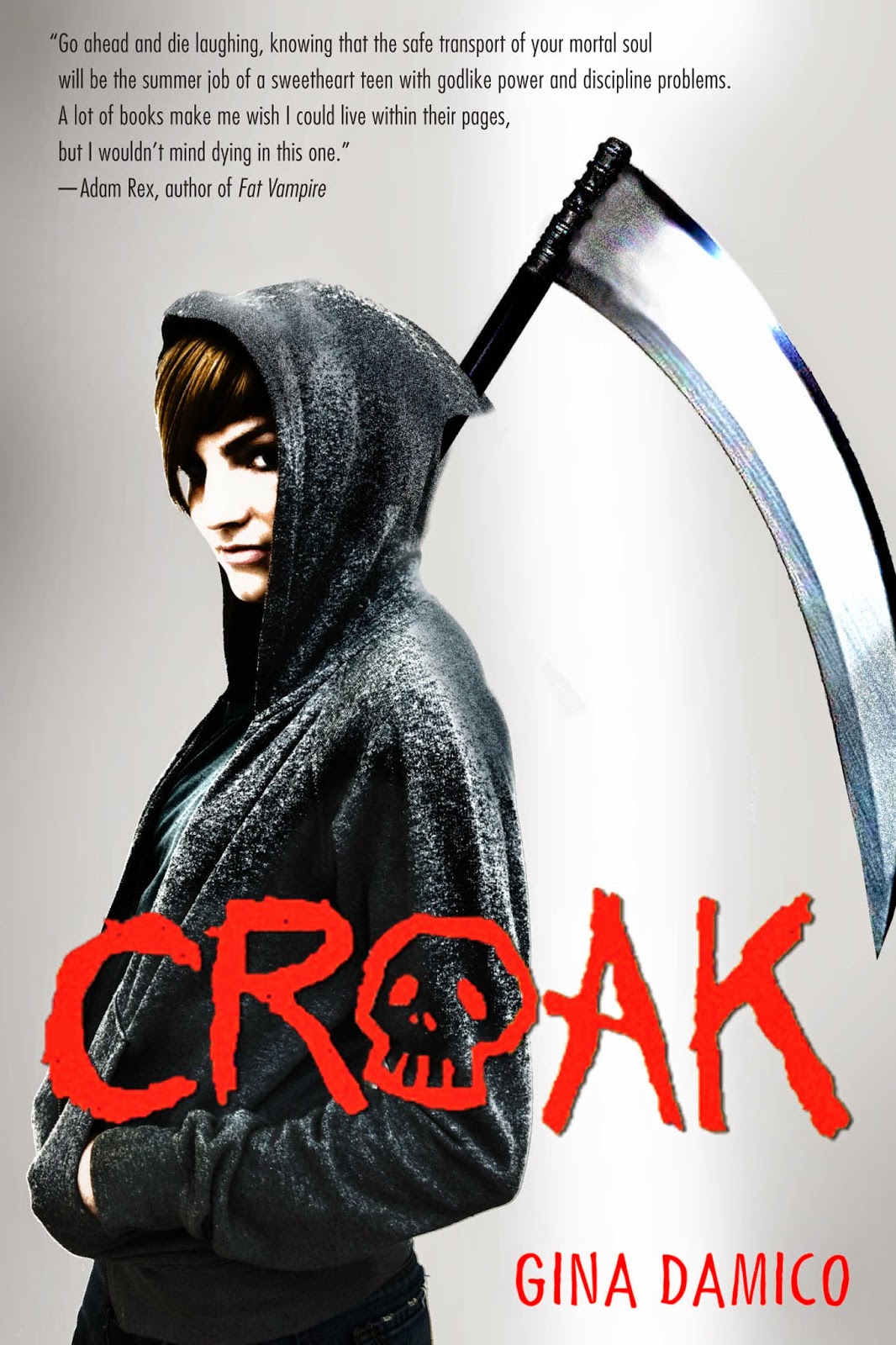I'm reading
The Fault in Our Stars by John Green (yes, I know, everyone has already read it) and I've been thinking about some literary double-edged swords.
In The Fault in Our Stars, Hazel has cancer. She is dying. Dying. DYING. As in, going to die, about to kick the bucket, preparing to retire from being a human. Now, as an author, you have two choices: Hazel lives, or Hazel dies.
Personally, when a character who should die ends up living, it seems too happily-ever-after. The girl who was on her deathbed at the beginning of the book is miraculously cured by the end, even though in real life it would never happen that way. I feel like when authors do this they are taking the easy way out and not taking any chances by having someone die in their book.
But if the character who should die does die, there is still a problem. If the person dies, I just think, "Oh well, of course she was going to die. That's so obvious. I can't believe the author just let the character die like that. Maybe they could have been more creative and had some sort of plot twist to save the character."
See the double-edged sword?
Here are some examples of a plot twist:
1. Character lives, best friend dies.
2. Character lives, parents die in fatal car crash.
3. Character lives, but is confined to a wheelchair, loses a sense, gets brain damage, etc.
4. Character dies, comes back as a ghost, and haunts her family and friends.
5. Character dies, cavorts around this afterlife being a ghost . . . la la la . . .
Feel free to share some of your favorite plot twists! Leave them in the comments below.




